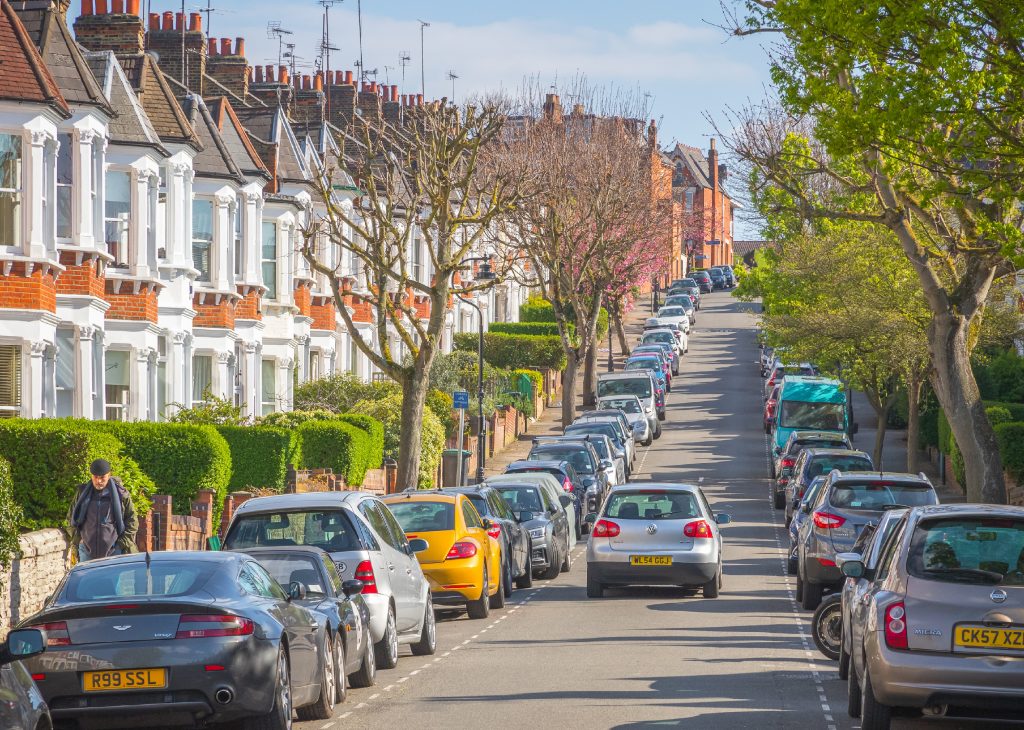By Daniel Greenblatt, a member of the Transition to Zero Pollution cohort 1.
A cornerstone of the modern society is the freedom and ease of movement. In the UK, transportation accounted for a third of carbon dioxide emissions in 2018, of which over half came from cars and taxis. In order to transition to a zero-pollution society, vehicles must be further optimised to increase fuel economy while simultaneously reducing pollutant emissions, including but not limited to carbon dioxide. Other vehicle emissions, such as nitrogen oxides, play a major role in the air quality within our urban areas and must also be tackled. The solution is multi-faceted and will require continued development of the combustion devices within current and new vehicles to meet both our expectations and the standards set by governments.

My research is part-funded by Toyota, a leading manufacturer of hybrid vehicles, and aims to further optimise the hybrid powertrains in their vehicles. With cutting-edge experimental methods, we can probe the fundamental nature of the combustion of bio-derived fuels and fuel components under extreme conditions. This greater understanding of these novel combustion modes directly translates, through the use of computational models, to more efficient and cleaner vehicle technologies within relatively short time frames.

While extracting reliable and valuable data in order to ensure that the computational models used are accurate may often seem tedious, the direct applicability to current technology is a reminder of the instant impact that my research can have. Toyota produces close to ten million vehicles a year and in 2017 on average they emitted 101.2 grams of carbon dioxide per kilometre driven. Improving these vehicles by as little as 1% would result in over 10 tonnes per kilometre less carbon dioxide emitted. This is the equivalent emission from the average electricity usage of 17.7 households in the UK for a calendar year. The average car in the UK travels about 16,000 km a year. That means this saving is the equivalent of 283,000 houses!
Due to the nature of global economies of scale, the small improvements researchers can make could have a profound impact.